Mobile Computing
Managing Fleets with GPS Integration
Utilities Share Fleet Management Best Practices
Mobile Computing
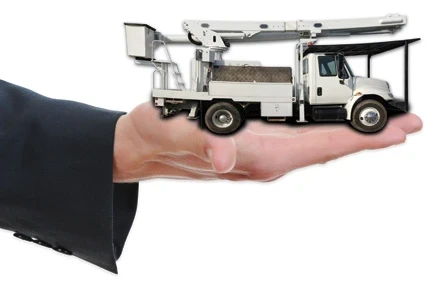
Fleet Management Technology Report
Exploiting the full potential of global positioning system software
BY RYAN DRISCOLL, GPS Insight
North American electric utilities experience a number of challenges when managing fleet vehicles such as digger derricks and bucket trucks. A few of these include fuel consumption costs, maintenance and repairs, and equipment and replacement. Consequently, utilities empower fleet managers to search out solutions to the aforementioned challenges in order to decrease fuel usage, improve vehicle maintenance, and improve productivity, with...
Related Articles
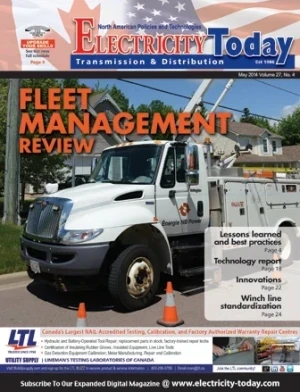
Utilities Share Fleet Management Best Practices
Valuable information from managers and directors BY PHILL FELTHAM, Executive Editor Electricity Today Magazine Electric utilities are facing operational cutbacks and lower budgets due to the recent economic downturn. However, many of these same utilities are taking a fresh approach to maintaining...

Field Worker Connectivity: Mobile technology for utilities
Moving mobile technology to the job site BY SCOTT BALL, Motion Computing The world looks very different from the top of a utility pole, or from a manhole on an underground power junction. As electric utilities expand the deployment of technology to their field workers, it is becoming more...
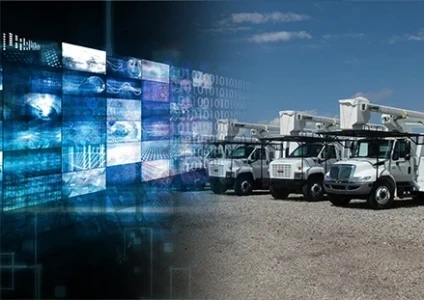
Utilities Opt to Automate Crew Scheduling, streamline work
For many utilities, scheduling each day’s construction and restoration work means manually organizing and keeping tabs on ever-changing crew schedules and resources. Managers meticulously update whiteboards dotted with color-coded magnets representing crews and trucks. Augmenting the...
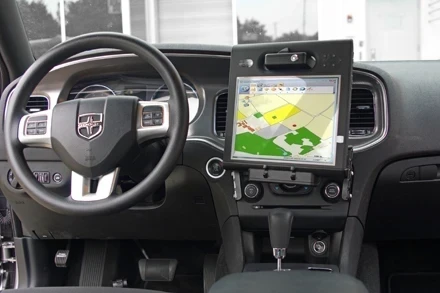
Rugged Tablets for Utility Fleet Vehicles
In reports analyzing the response of power utilities to incidents such as Hurricane Sandy, or the more recent ice storms on the east coast, one item has been remarkably consistent—the conclusion that communication requires improvements. The concern is not hard to fathom. Knowing accurately when...
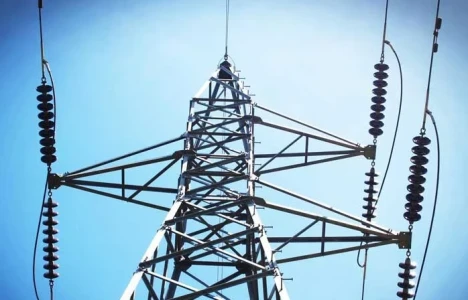
FERC Complaint Targets Duke, PJM Transmission Planning
A coalition of large energy consumers and ratepayer advocates has filed a complaint with the Federal Energy Regulatory Commission (FERC), urging the agency to prohibit transmission owners from independently planning "local" transmission projects exceeding 100 kilovolts (kV). The coalition argues...

ENHANCING REMOTE WORKER SAFETY
Remote field operations present the safety organization with a myriad of challenges when it comes to ensuring the safety of the people that you send out to work in the field every day. Without a doubt, this includes the line workers, but it also includes nearly every member of the staff whose...
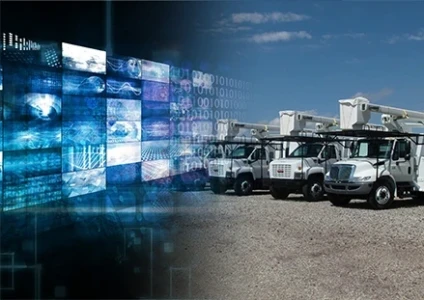
Utilities Opt to Automate Crew Scheduling, streamline work
For many utilities, scheduling each day’s construction and restoration work means manually organizing and keeping tabs on ever-changing crew schedules and resources. Managers meticulously update whiteboards dotted with color-coded magnets representing crews and trucks. Augmenting the...
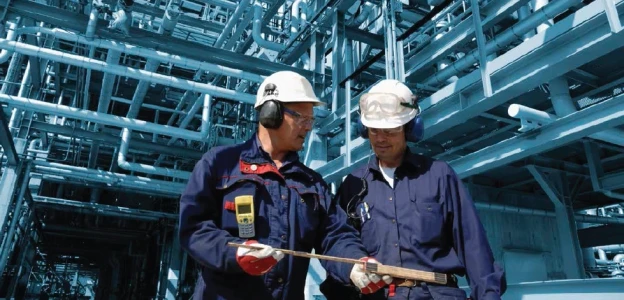
I Need To Hire a Utility Contractor. Where Do I Start?
In June 2012, the Ontario Legislature unanimously passed Bill 8, the Ontario Underground Infrastructure Notification System Act, which, among other things, requires owners of buried infrastructure in the public right of way – including municipalities, universities, hospitals and private...
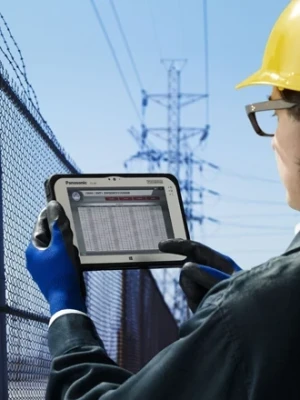
Utility Mobility
Utility workers are often subjected to challenging working conditions for hours at a time, yet are responsible for many mission-critical tasks. These workers must communicate with the entire organization while also representing the customer-facing side of their company. Equipping workers with...

Alternative Vehicle Options: Upfitted Vans for Utilities
Utility workers and linemen work in one of the most mobile industries in the country. Think about it: utility workers are always moving from one project to the next as efficiently as possible. Since utility workers rely so heavily on their work vehicles, it is critical that they drive a vehicle...
